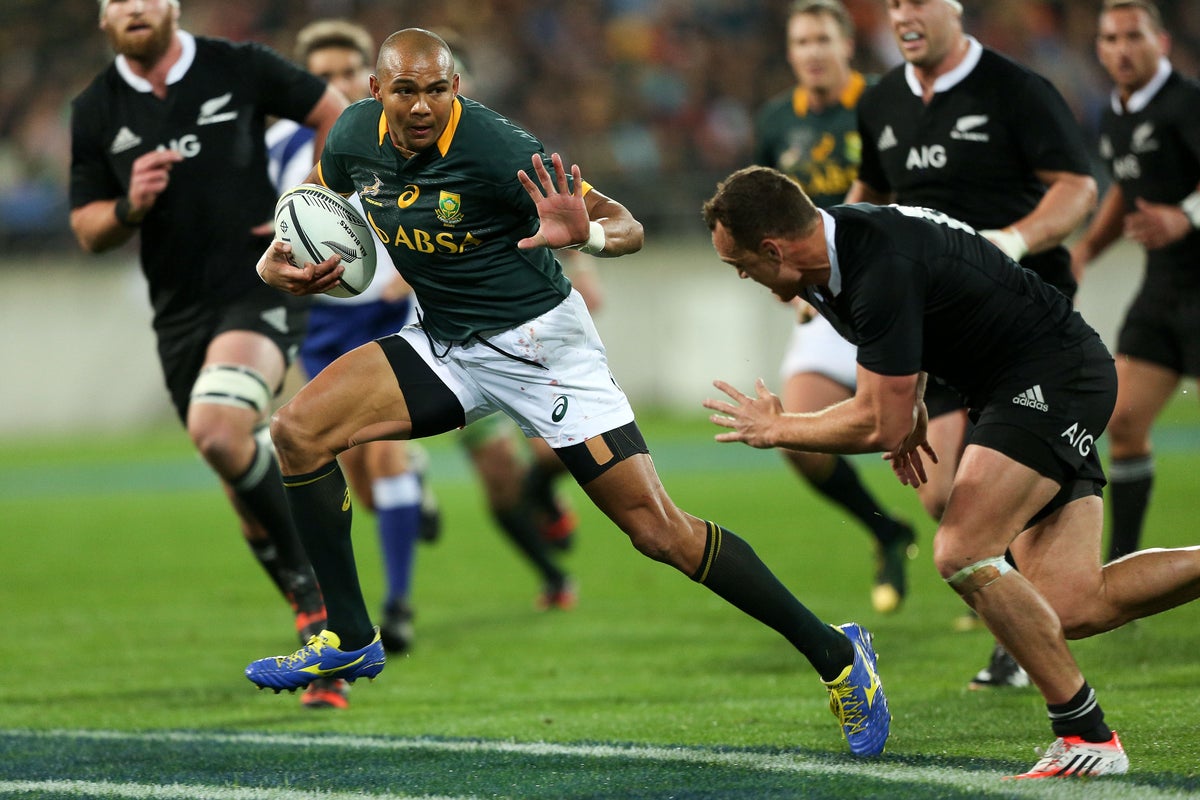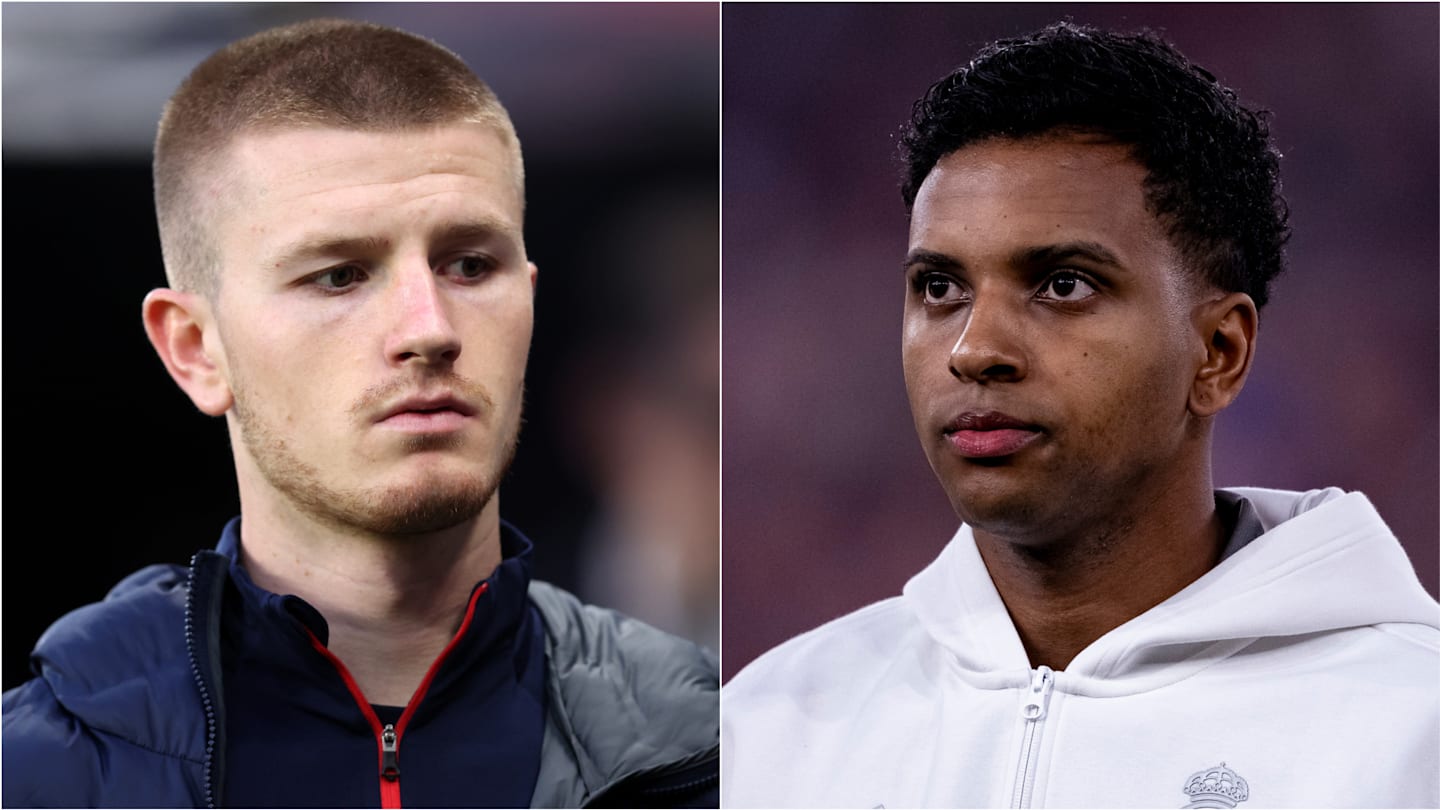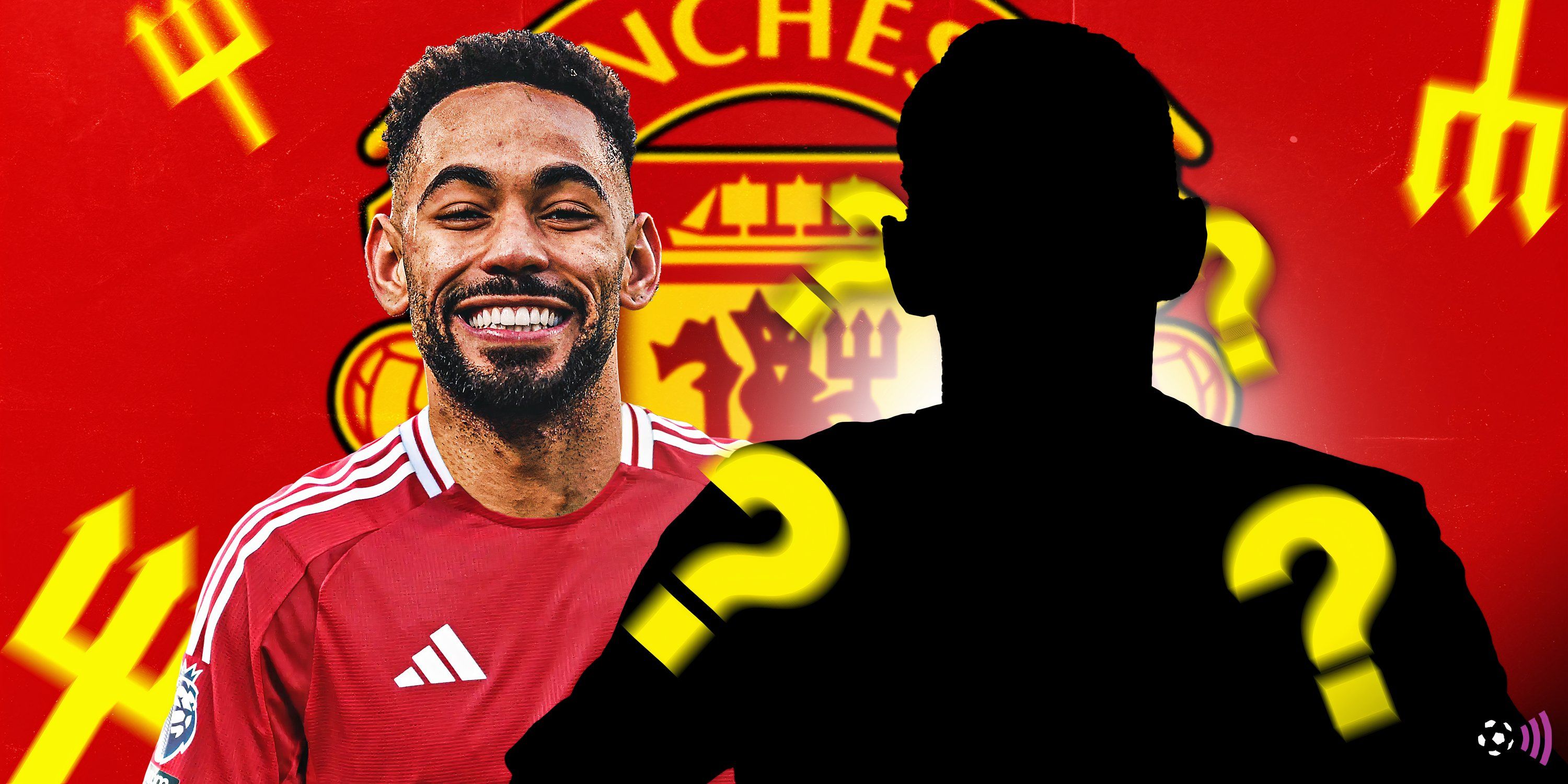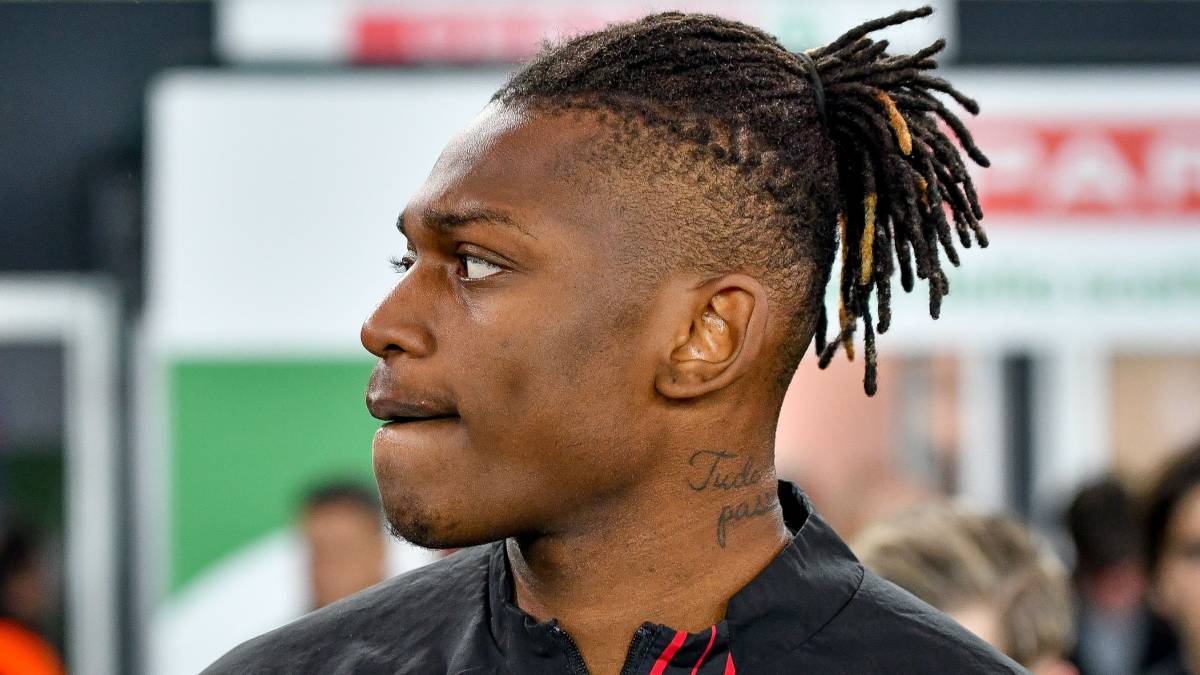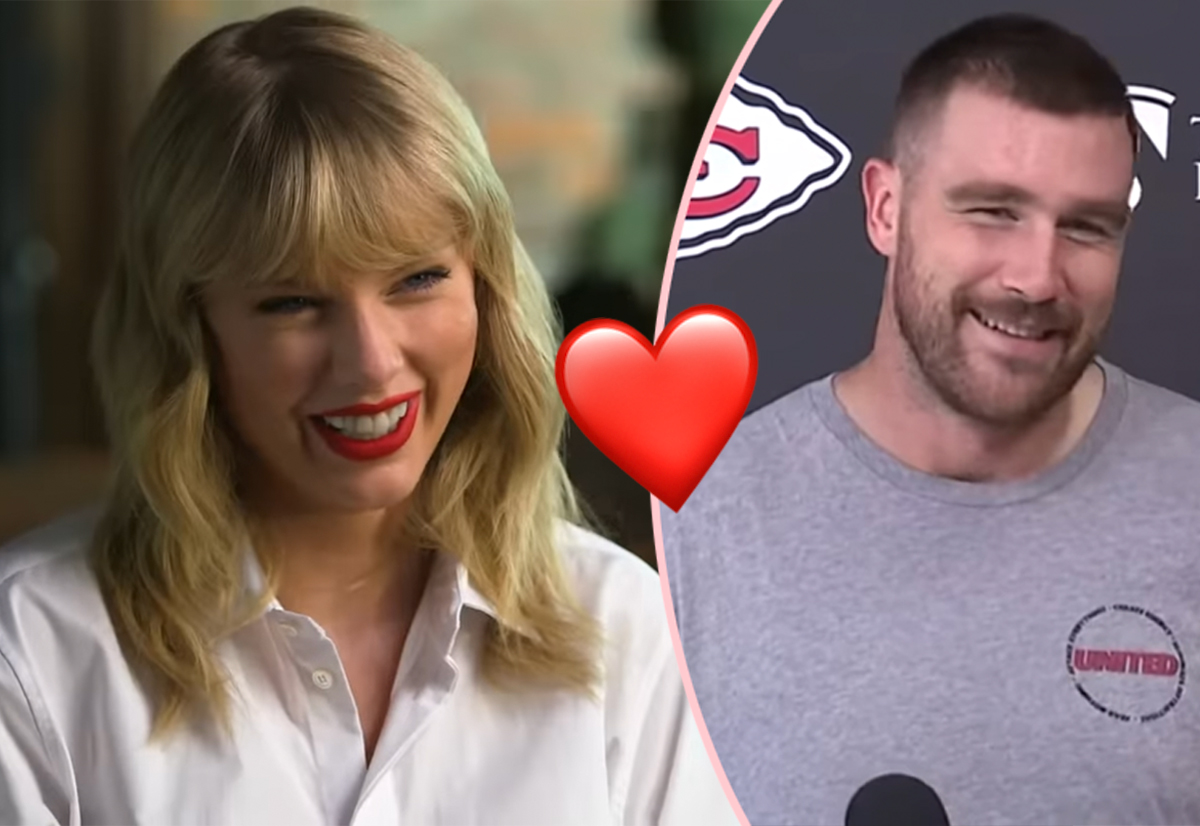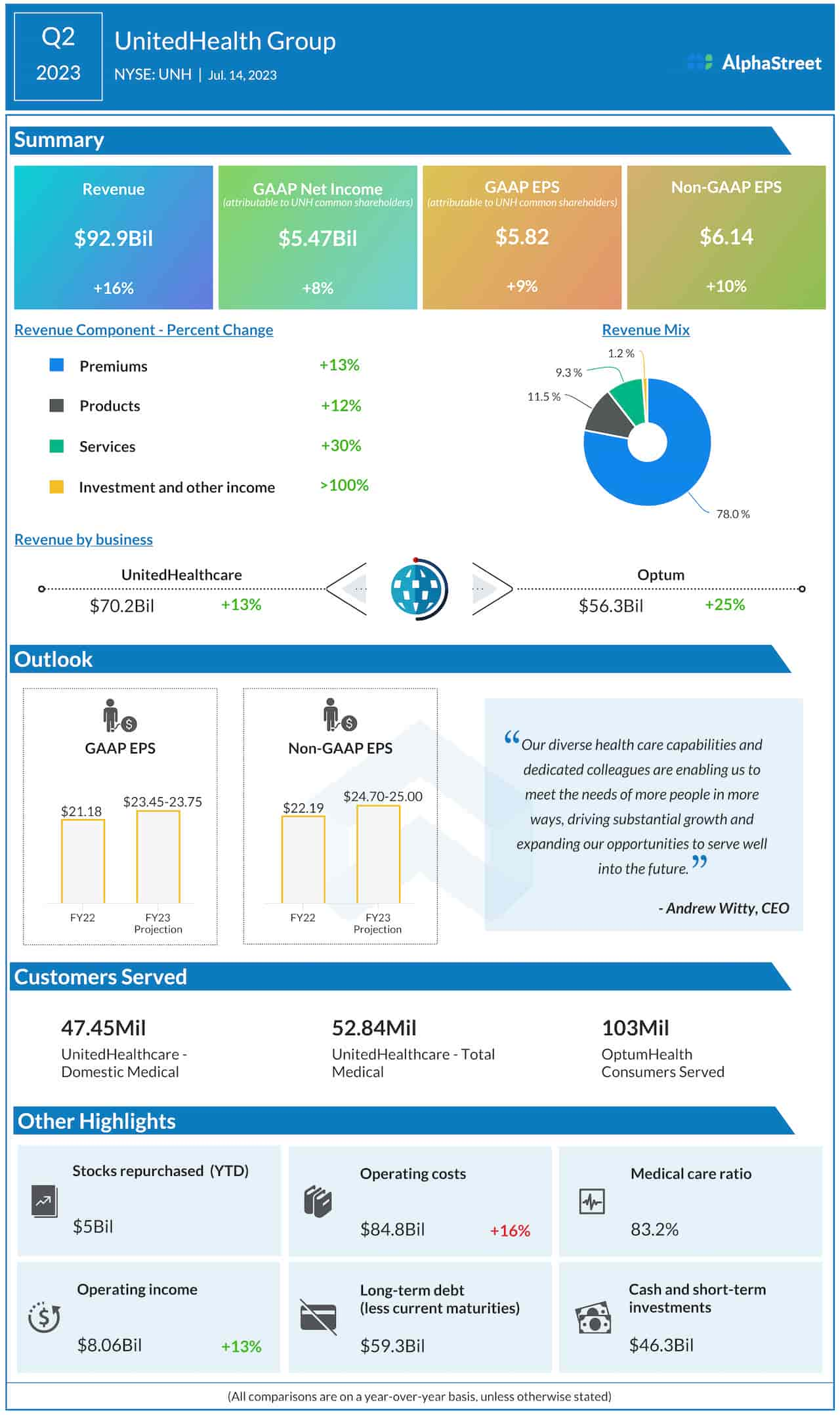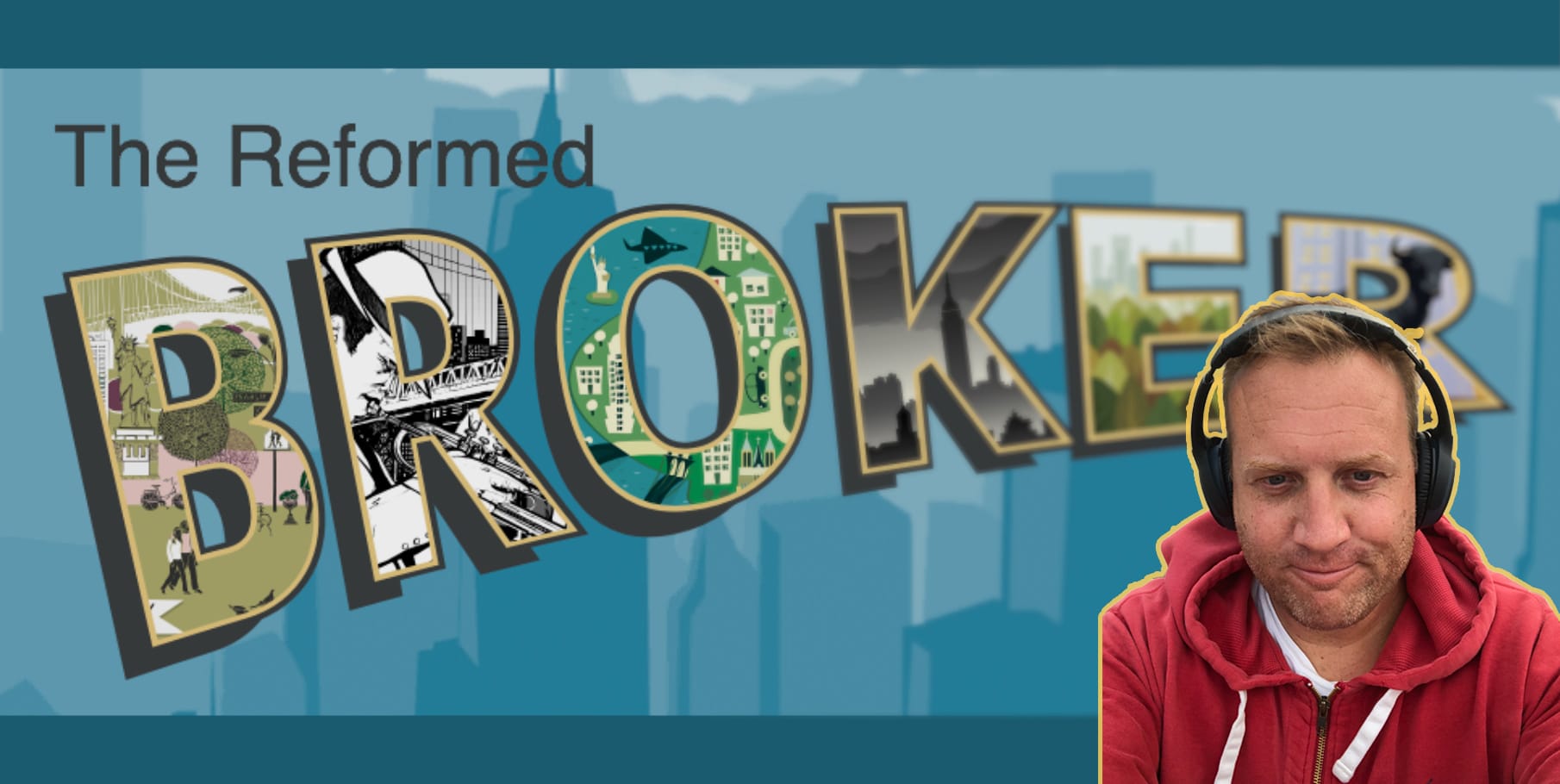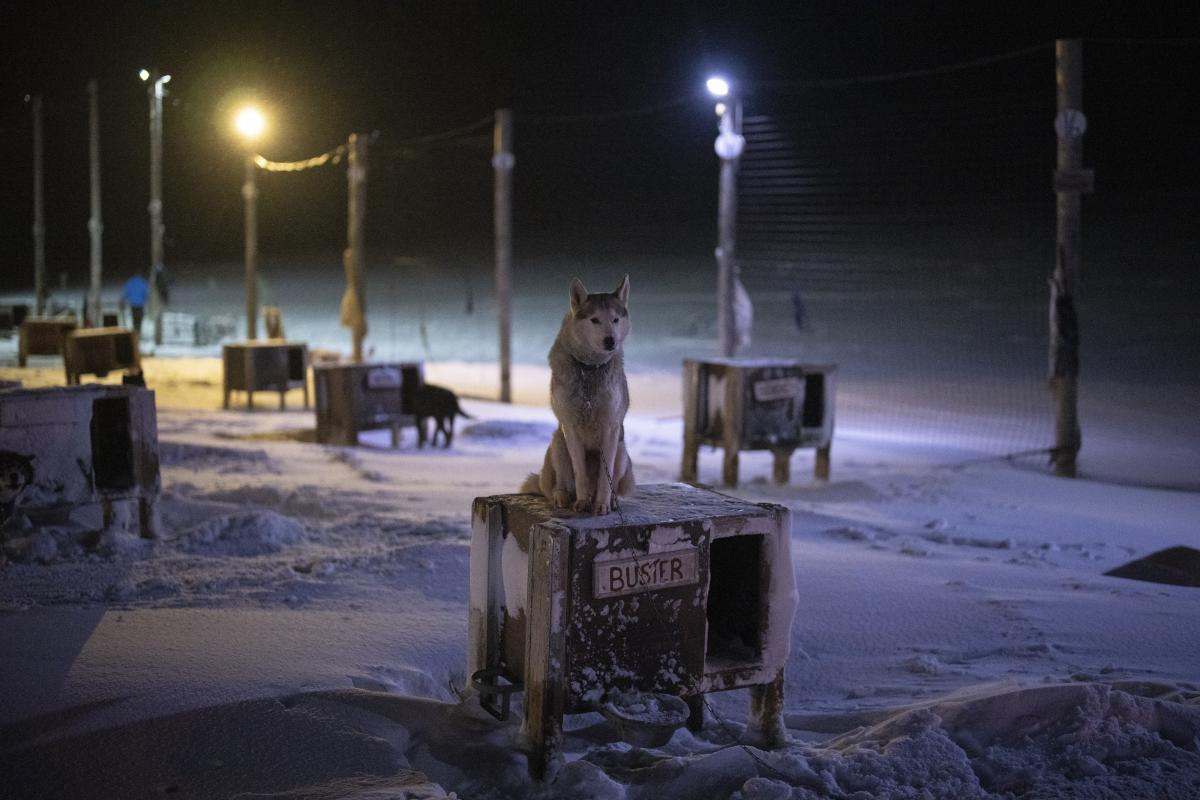Late on Wednesday, Mohamed Salah released a short video on his social media platforms.
Most of the Egyptian’s updates are determinedly uncontroversial — pictures of his goals, his holidays, his family. This one was different: a video message, delivered in close-up, straight to camera, about the war in Israel and Gaza.
Salah, 31, did not apportion blame for any of the bloodshed. His message was, simply, a call for humanitarian aid to be sent into Gaza, citing that all lives are sacred.
Salah, one of the world’s best footballers, has largely been commended in the West for his diplomacy, but it is a reminder of the tightrope being walked by Salah — an icon of the Arab world whose popularity extends across the planet — that in Egypt and across other parts of North Africa and the Middle East, his popularity has taken a hit.
Initially, this was because he was not as quick as other public figures to offer views about what was happening. While international team-mate Mohamed Elneny, for example, posted a picture of the Palestinian flag to demonstrate his solidarity, Salah had kept a lower profile until Wednesday. Then, his impartiality in the video — which, 17 hours after its publication, had been viewed 138 million times — dialled up the domestic noise around him.
— Mohamed Salah (@MoSalah) October 18, 2023
Salah is aware of false internet claims that the video was in fact created by artificial intelligence due to its rather stilted and brief nature. In truth, he needed several takes to film the clip after becoming emotional at confronting the implications of the conflict, particularly the impact it is having on children and families whose backgrounds are not too different from his own.
Having returned to England on Wednesday morning from Dubai following international duty with Egypt, discussions took place between Salah and his representation about the developing situation in the Middle East.
Wary of inciting more violence, he wanted to choose his words very carefully. It was decided that the responsible thing to do was to sharply place importance on the value of life.
Before posting the video, Salah had quietly made a significant donation to the Egyptian Red Crescent campaign, helping people affected in Gaza.
Yet his critics perceived his early public silence over Israel and Gaza as him being afraid of damaging his reputation in Europe — where he has been based since leaving Egyptian club Al Mokawloon in 2012 — along with any financial consequences that might come with that. As a global brand, could he really be as explicit in his words or actions as the older version of himself?
Salah is straddling two worlds. He has achieved legend status in Europe because of his goals for Liverpool, but he is also arguably the most famous Arab footballer on the planet.
In a period of great political and religious strife, some of the responsibilities upon him are competing and this has led to particularly intense scrutiny, with his reaction to events routinely compared to other famous figures.
Bassem Youssef serves as a useful comparison. Just as Salah’s football career was taking off, the Arab Spring came to Egypt. Youssef had been a doctor, nursing the wounded in Cairo’s Tahrir Square when the uprising occurred in 2011. Within months, he had released a satirical comedy sketch on YouTube that took aim at the enormous upheavals around him.
Youssef’s popularity would take a similar trajectory to Salah’s and his show made him one of the most famous people in the country. When the Muslim Brotherhood came to power, they became a target for his humour, too, and by 2013, an arrest warrant had been issued against him for allegedly insulting Islam and the president, Mohamed Morsi.

Youssef has defended Salah (Bobby Bank/Getty Images)
When Morsi and the Brotherhood were removed from power, Youssef turned his attention to the new president, Abdel Fattah el-Sisi. He was taken to court for supposedly disrupting the peace and, fearing jail, fled Egypt. He did not even return for his father’s funeral.
He remains a significant voice in Arab politics and his denunciations this week of both Hamas and Israel, while defending suffering Palestinians in Gaza, went viral across social media.
The conflict resonates all the more loudly in Egypt because, alongside the sympathy towards the position of Palestinians, there are also concerns about what a refugee crisis might mean for the Sinai Peninsula.
Youssef’s bravery is widely hailed in Egypt and his story serves as useful context for what his countrymen expect of Salah, whose voice travels much further.

Egyptians wanted to see evidence that fame had not changed their, arguably, greatest-ever footballer — that he still considers himself Arabic and cares about what happens in the region where he was born.
More importantly, after years of searching for someone whose messages are heard in other parts of the world, it was thought that Salah was one of the few Arabs who gets listened to by international media.
His status had seemed untouchable. Given he played for neither of Egypt’s biggest clubs in Zamalek or Al Ahly, he has never carried with him some of the tribalistic conversations that have followed many Egyptian footballers around.
Over the past decade, he instead emerged as the great lone hope of Egyptian football, leading a national team that collectively was nowhere near as strong as the one that won three Africa Cup of Nations titles between 2006 and 2010.
It was Salah who led Egypt to their first World Cup appearance in 28 years in 2018, scoring the winning goal from the penalty spot in stoppage time in a game against Congo that secured qualification.
Before that tournament, his power was illustrated when he received public backing in a dispute with the Egyptian FA over image rights. This put pressure on the authorities and he later used Twitter to thank Egyptians for their support.
Attitudes towards him frayed in 2019 when his team-mate Amr Warda was dropped from the national team after being accused of sexual harassment. Salah’s subsequent tweet about the importance of people “needing to believe in second chances” invited disapproval, especially after Warda was recalled only two days after being dropped.

Salah has spoken out on contentious issues in the past (Andrew Powell/Liverpool FC via Getty Images)
Last weekend, the mood against Salah began to turn, most visibly on Facebook, where he lost more than a million followers, as he was reminded of some of the events he had commented upon in the past.
Earlier in his career, he made the symbolic gesture of wearing the No 74 shirt during a spell on loan at Fiorentina in honour of the fans who had perished at the Port Said stadium disaster.
There have since been posts about the importance of saving stray animals, as well as a message last year after Queen Elizabeth II died. When an earthquake devastated Morocco more recently, he did not let the moment pass by without offering some reflection.
For most of these developments, there would have been no or minimal backlash at whatever he said, so some of these comparisons are probably unfair.
It does not help him now that during an escalation of violence between Israel and Palestine in 2021 he posted a photograph of himself at the Dome of the Rock, the Islamic shrine at the centre of the Al-Aqsa mosque compound in Jerusalem, but perhaps he has realised that popular gestures such as these have changed nothing about a conflict that has confounded some of the smartest minds in history.
On Thursday night, Salah was defended by Youssef, who blamed the media for turning to successful people like Salah to “cover up a failure in their own field”.
Salah, after all, was not a politician from day one of his own career. Youssef did not see him celebrating Christmas in the United Kingdom — for which Salah has previously received criticism — as a message, political or otherwise, that he had abandoned his beliefs. Rather he saw it as a “humane activity” that should never be compared with the placing of a flag to show people what you think.
Salah, according to Youssef, remained “the pride of Arabs”. But, as the past few days have proved, that status brings complications.
(Top photos: Getty Images)



